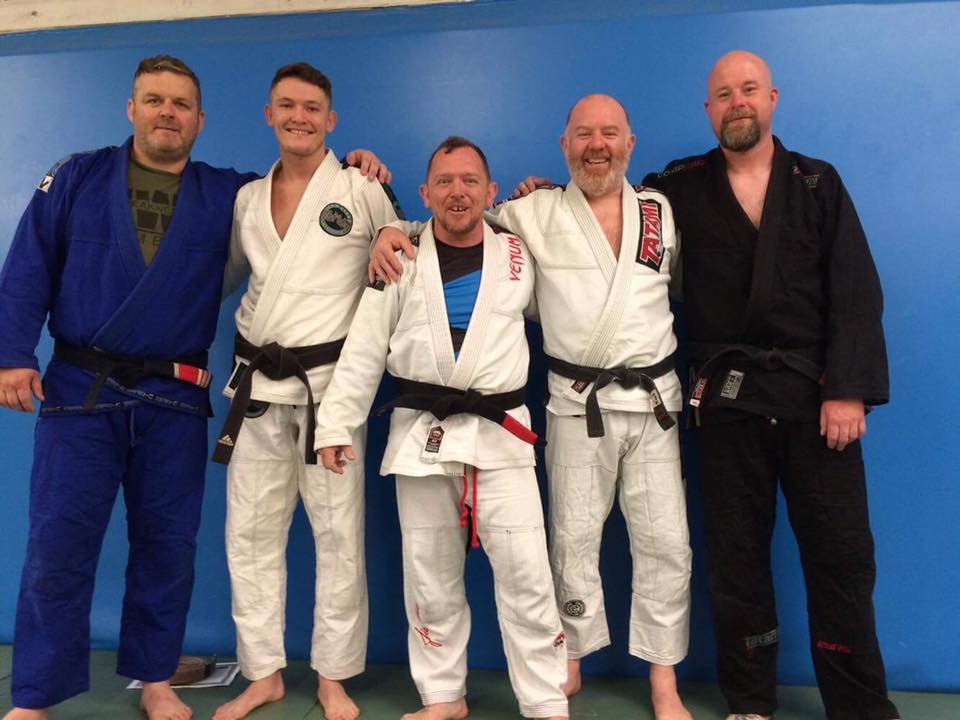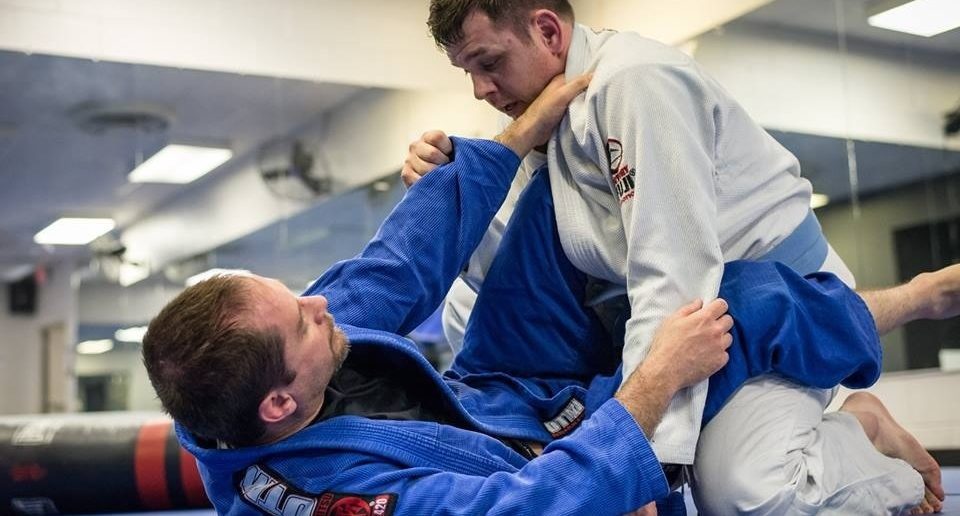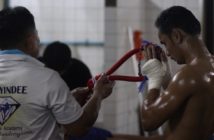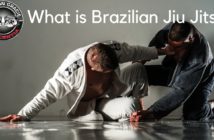by Ron Drumgoole from breakinggrips.com
Today we have a much greater awareness of depression in our society. People who suffer from depression are continuously urged to reach out to friends and family and to stay connected. Sport and exercise is one of the best ways to stay connected.
In my own Jiu-Jitsu school I am aware that a number of my teammates and training partners occasionally suffer with depression. However, each one of them has found great solace in Jiu-Jitsu. Most of them credit the martial art for helping to keep their depression in check and in some cases even saving their life.
Even people who do not suffer from depression will tell you about how Jiu-Jitsu has been beneficial to their own mental health. Whether it is general anxiety, work related stress, or PTSD, Jiu-Jitsu can often lift you out of the darkness and help you get back on track.
While research shows that any type of exercise is beneficial to mental health I feel that some of the aspects of Jiu-Jitsu are particularly effective at combating depression and anxiety. Here are some of the reasons why:
Living in the present
The majority of Jiu-Jitsu schools will practice some form of sparring. In the sparring you will have the opportunity to compete 1 on 1 as well as establish your own BJJ sequence. The level of intensity involved in the spar is up to the 2 competitors to choose but often there is a mutual understanding.
When sparring it is nearly impossible to think about anything else. All of the stress of the outside world is left behind as you move and transition into different positions in an attempt to the get the advantage on your opponent. Whether you are defending or attacking, you need all of your brainpower to be engaged in that moment.
When Jiu-Jitsu is practiced with ease of movement, it is often referred to as ‘flowing’. This occurs when a player easily transitions into positions and can effortlessly adapt to any resistance that they may encounter. This type of living in the moment is an incredible feeling and is not unlike meditation.
Exercise & fitness
The benefit of exercise on mental health has been well documented. In the short term you will receive a high from the happy hormones (endorphins) that are released directly after a workout. However the longer term benefits are far greater.
After training for a few weeks you may begin to notice that you are sleeping better. If you maintain your training you will slowly notice that you are physically fitter and stronger than you were previously. We know that a healthy body and a healthy mind go hand in hand and Jiu-Jitsu is the perfect tool to help you achieve both. If you want to take your fighting fitness to the next level these 10 commandments of fighting fitness by Steve Bacarri will get you there.
Progression
There is a clear system of progression in Jiu-Jitsu similar to many other martial arts. Belts and promotions are awarded at regular intervals during the year. Each student is rewarded depending on the number of hours spent on the mat combined with an assessment of their skills by the instructor.
A clear merit based system like this provides an excellent framework for people to follow.
For people suffering with mental health issues the sense of achievement when you receive a belt promotion can be huge. The belt system and Jiu-Jitsu training is often referred to as a journey and it is said that each person is own their own journey.
This progression can often help to show them what is possible with focus. This is a lesson that can be replicated in other parts of their life.
Accessibility
Jiu-Jitsu is suitable for all ages and all body types. In most Jiu-Jitsu academies you will find people between the ages of six and sixty. Jiu-Jitsu typically attracts more men than women. However I have always found women to made very welcome at any academy I have ever visited.
If you are in a good school the instructor will usually make an effort to ease your transition. Likewise your teammates will go at a pace you are comfortable with and make an effort to help you find your feet.

Friendship
This may be the most overlooked aspect of Jiu-Jitsu. Making new friends and the comradery at the school is something that you may not expect when you join initially. You go to the academy to learn Jiu-Jitsu but in reality you spend most of the time just hanging out. Trips away and competition days are a great chance to get to know your teammates better.
The other great thing about Jiu-Jitsu friends is that you make friends with the type of people you may not have encountered elsewhere in your life. In my own academy we have teachers, cops, computer programmers and people from every type of socioeconomic background.





1 Comment
Pingback: How Martial Arts Will Benefit More Than Just Your Physical Health - StudyMartialArts.Org